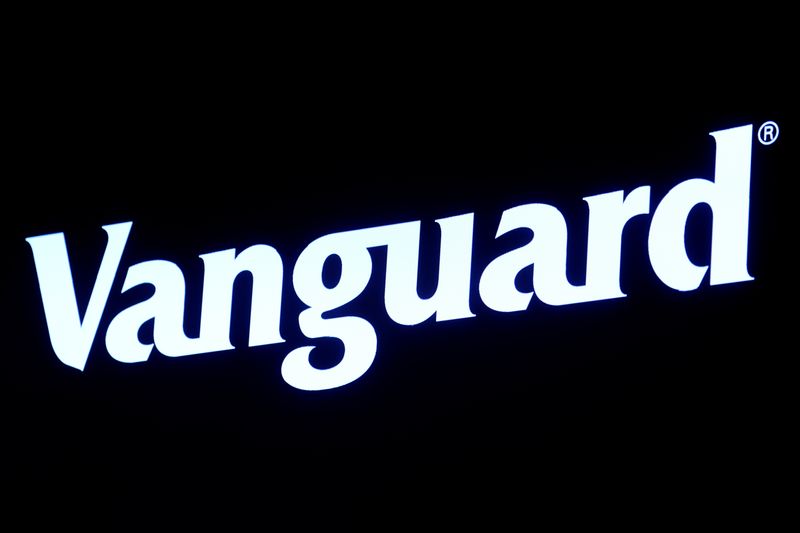By Jonathan Stempel
(Reuters) -BlackRock, Vanguard and State Street (NYSE:STT) have been sued by Texas and 10 other Republican-led states, which said the large asset managers violated antitrust law through climate activism that reduced coal production and boosted energy prices.
Wednesday's complaint filed in the federal court in Tyler, Texas, is among the highest profile lawsuits targeting efforts to promote environmental, social and governance goals, or ESG.
The defendants were accused of exploiting their market power and involvement in climate advocacy groups to pressure coal companies to slash output and reduce carbon emissions from coal by more than 50% by 2030, driving up consumers' utility bills.
"Competitive markets -- not the dictates of far-flung asset managers -- should determine the price Americans pay for electricity," the states said in the complaint.
BlackRock, Vanguard and State Street together have more than $26 trillion of assets under management.
In a statement, BlackRock said any suggestion it invested in coal producers to harm them was "baseless and defies common sense. This lawsuit undermines Texas' pro-business reputation and discourages investments in the companies consumers rely on."
Vanguard and State Street did not immediately respond to requests for comment.
The 11 states also include Alabama, Arkansas, Indiana, Iowa, Kansas, Missouri, Montana, Nebraska, West Virginia and Wyoming.
Republicans have long explored using U.S. antitrust laws to target alleged collusion among investment managers to advance climate-related goals.
Climate advocates, in contrast, view assessing environmental risks as essential to determining what investments are worth.
BIG STAKES IN COAL COMPANIES
The states objected to BlackRock, Vanguard and State Street allegedly pressuring coal companies for change starting in 2021.
They also criticized the defendants' membership in the Net Zero Asset Managers Initiative, which says members are committed to complying with all antitrust laws, and BlackRock's and State Street's membership in Climate Action (WA:ACT) 100+.
Vanguard left the Net Zero initiative in 2022, while BlackRock and State Street left Climate Action 100+ in February.
But the states said the withdrawals did not negate the "ongoing and future threat" of continued pressure.
It cited the defendants' investments in nine coal companies, including combined respective stakes of 34.2% and 30.4% in Arch Resources and Peabody Energy, the largest publicly traded U.S. coal producers.
BlackRock was also accused in the lawsuit of "actively deceiving" investors about its non-ESG funds by promising to dedicate them to enhance shareholder value, when it allegedly used all its holdings to advance its climate goals.
Texas Attorney General Ken Paxton, whose office filed the lawsuit, in a statement accused the defendants of promoting an "illegal weaponization of the financial industry in service of a destructive, politicized 'environmental' agenda."
The lawsuit seeks to block the defendants from using their investments to vote on shareholder resolutions and take other steps that could undermine coal output and limit market competition.

It also seeks civil fines for violating federal antitrust and Texas consumer protection laws.
The case is Texas et al v BlackRock Inc (NYSE:BLK) et al, U.S. District Court, Eastern District of Texas, No. 24-00437.